Market Share
Thin Client Market Share Analysis
In the competitive landscape of the Thin Client market, companies employ various market share positioning strategies to establish and enhance their presence. One primary strategy revolves around differentiation, where companies aim to distinguish their thin client solutions from competitors. This could involve offering unique features, such as enhanced security protocols, specialized industry-specific applications, or innovative design elements. By highlighting these distinctive aspects, companies seek to carve out a niche for themselves and attract customers looking for specific functionalities in thin client solutions.
Cost leadership is another prevalent market share positioning strategy. Some companies focus on providing cost-effective thin client options, appealing to businesses that prioritize budget-friendly solutions. By achieving economies of scale and operational efficiency, these companies can offer competitive pricing without compromising on the essential features and performance of their thin clients. This strategy is particularly attractive to small and medium-sized enterprises seeking cost-effective IT solutions.
Market penetration is a strategy often employed by companies aiming to expand their market share within existing markets. This involves intensifying marketing efforts, offering promotions, or even adjusting pricing strategies to gain a larger share of the current customer base. By reaching a broader audience and increasing product visibility, companies can strengthen their position in the thin client market. This strategy may involve partnerships with distributors or resellers to enhance product reach and accessibility.
Companies in the thin client market also frequently leverage innovation as a key market share positioning strategy. Staying ahead in terms of technology and features can be a compelling way to attract customers. Continuous product development, integration of cutting-edge technologies, and swift adaptation to industry trends contribute to a company's perceived leadership in the market. This strategy ensures that the company remains relevant and meets the evolving needs of its customer base.
Global expansion is a strategic move employed by companies aiming to increase their market share by entering new geographic markets. By identifying regions with growing demand for thin client solutions or untapped markets, companies can extend their reach and diversify their customer base. This strategy may involve adapting products to meet local requirements, addressing regional preferences, and establishing effective distribution networks in new territories.
Strategic partnerships and alliances are also crucial in the thin client market. Collaborating with other technology providers, software developers, or industry-specific partners can enhance a company's overall offering. For example, integrating thin client solutions with complementary software applications or forming partnerships with virtualization technology providers can create comprehensive and integrated solutions that appeal to a wider customer base. Such alliances not only strengthen a company's market position but also foster innovation through shared expertise.
Furthermore, customer-centric strategies play a pivotal role in market share positioning. Companies that prioritize customer satisfaction, provide excellent customer support, and actively seek feedback can build strong relationships with their customer base. Positive customer experiences contribute to brand loyalty and word-of-mouth referrals, ultimately influencing the market share. Additionally, companies may offer customization options to meet specific customer requirements, further solidifying their position in the market.

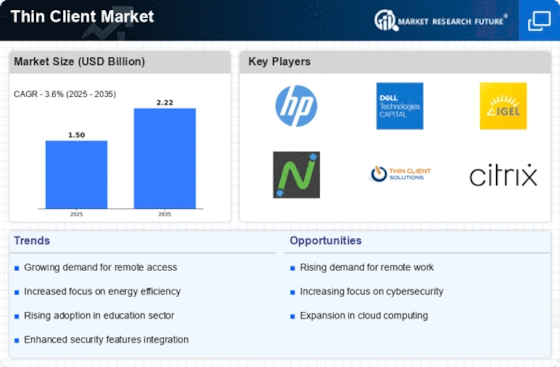
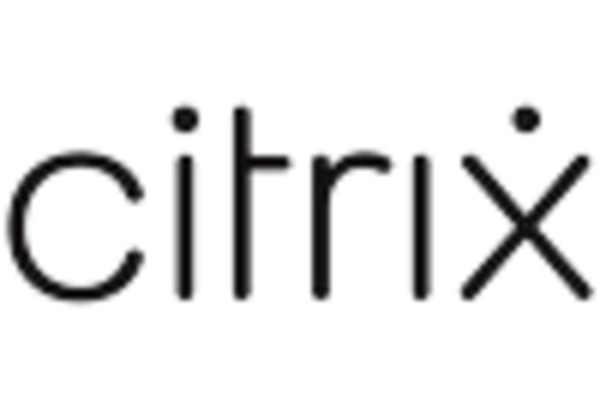

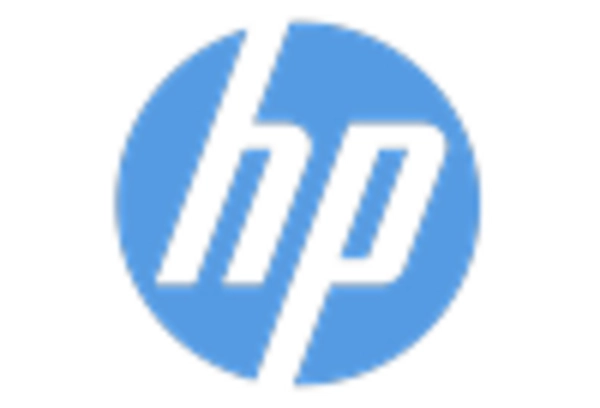
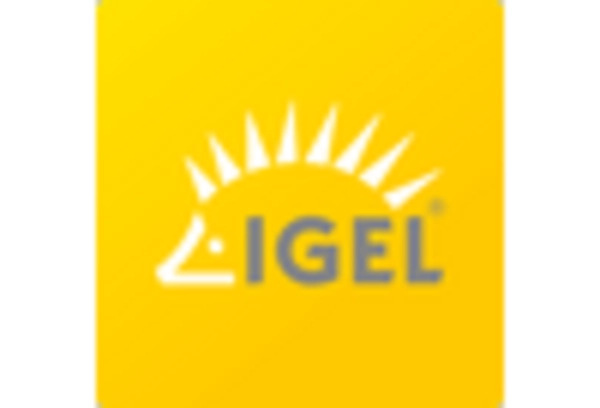

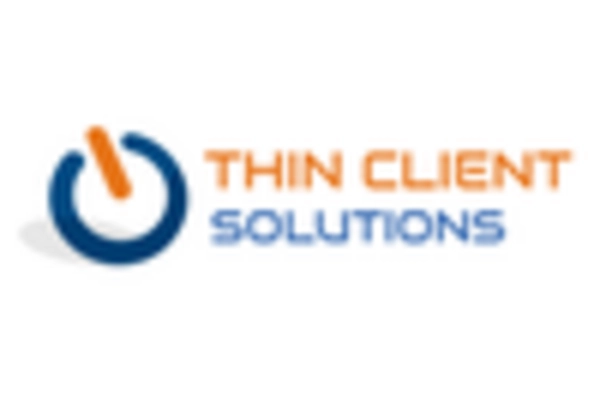









Leave a Comment